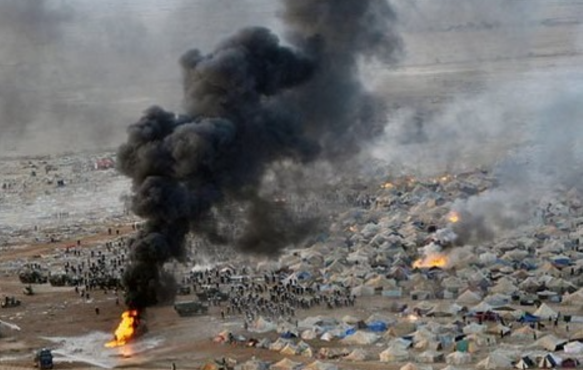
Since the events of the “Akim Izik” camp in 2010, the Sahrawi detainees have become a symbol of the ongoing injustice faced by the Sahrawi people in the occupied territories. These activists, arrested after peaceful protests demanding the rights of the Sahrawi people to self-determination, have endured unfair military trials and harsh sentences. These actions by Moroccan authorities are an attempt to silence any free voices advocating for the freedom and independence of the Sahrawi people.
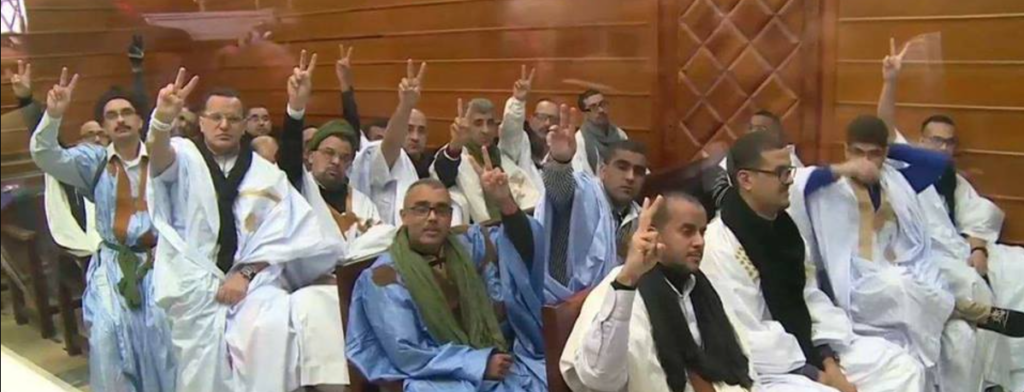
Fabricated Charges and Unjust Military Trials
The trials of the Sahrawi detainees are part of Morocco’s repressive policy to suppress any resistance to occupation. The charges against them were fabricated, with many detainees being convicted based on confessions extracted under torture. Some of the detainees were not even present at the camp during the events, yet they were sentenced based on false accusations. The sentences, which range from life imprisonment to long prison terms, are aimed at intimidating the Sahrawi people and stifling any movement against the occupation.
Harsh Sentences and the Distribution of Detainees to Faraway Prisons
Among the severe sentences issued against the detainees:
- Life Imprisonment: Ahmed Sebai, Abdullah Lakhfawni, Mohamed Bashir Boutankiza, Sidi Abdullah Abah, Ibrahim Ismaili, Mohamed Bani, Sidi Ahmed Lamjid, and Sidi Abdullah Al-Arousi.
- 30 Years Imprisonment: El-Naama Asfari, Sheikh Benka, Mohamed Bourial.
- 25 Years Imprisonment: Hussein Zawi, Mohamed Ambarak Fakir, Mohamed Khouna Babit, Hassan Dah, Mohamed Lemine Hadi.
- 20 Years Imprisonment: Bashir Khoda, Abdullah Tobali, Mohamed Tahleel.
- 6.5 Years Imprisonment: Diche Daf.
- 4.5 Years Imprisonment: Al-Arabi Bakay.
- 2 Years Imprisonment: Sidi Abdel Rahman Zyou, Al-Taki Meshouf.
In addition to these unjust sentences, the detainees were distributed to various prisons far from the occupied territories, including Tiflet, Kenitra, Salé, and Agadir, with the intention of increasing their suffering. This widespread distribution has made it extremely difficult for their families to visit them, forcing them to bear the high costs of long-distance travel.
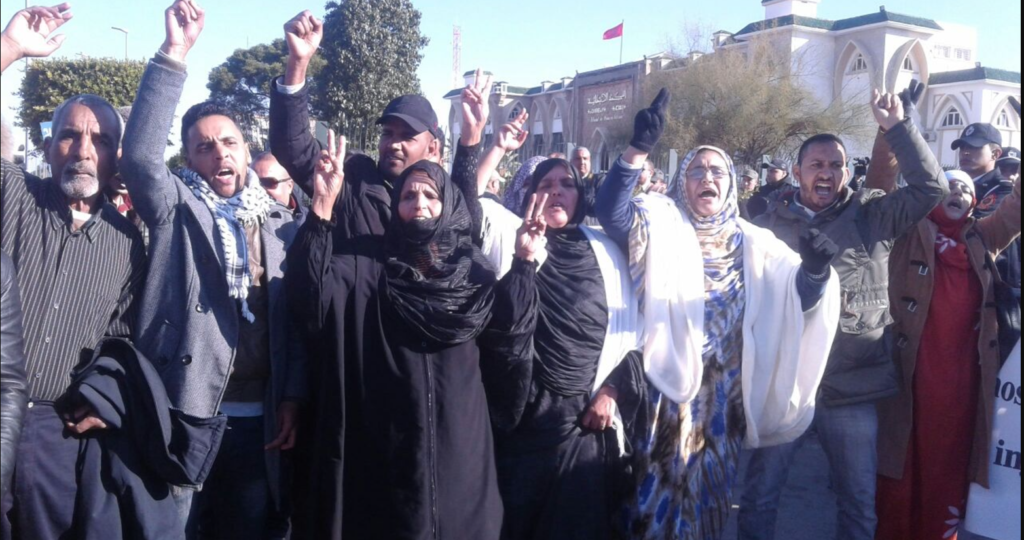
Psychological and Physical Torture of Families
Another aspect of this suffering is the psychological and physical toll on the families of the detainees. The trials being held in distant locations increase the burden on their families, who struggle to afford the travel expenses. This geographical distribution of the detainees is part of the occupation’s strategy to exert psychological pressure on the Sahrawi families in an attempt to weaken their resolve and break their support for their loved ones’ struggle.
Ongoing Repression Despite International Demands
Despite the continued international pressure from human rights organizations and the United Nations for the immediate release of these political prisoners, the Moroccan authorities continue to defy the global community, demonstrating their ongoing efforts to suppress the voices of the Sahrawi people. The harsh sentences issued to these detainees highlight Morocco’s determination to silence any resistance movements against the occupation.
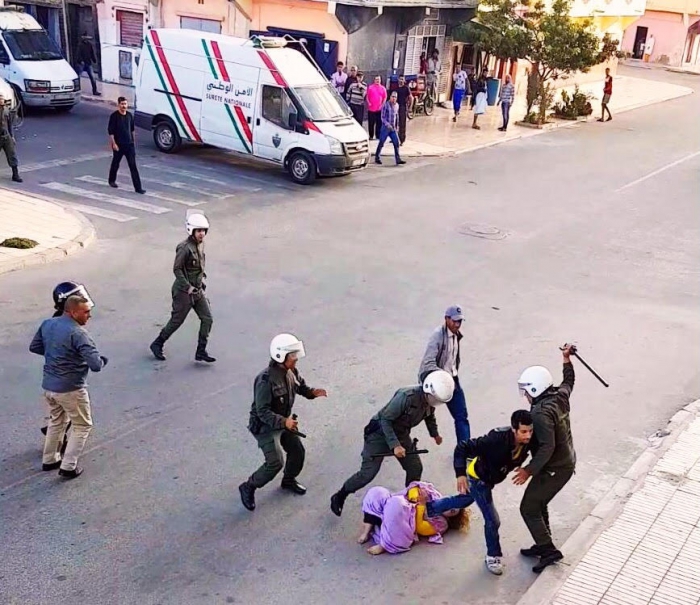
The case of the “Akim Izik” detainees is not just about individuals in prison but is a case of an entire people subjected to oppression by the Moroccan occupation. These detainees, who have suffered torture and unfair trials, represent the resilience of the Sahrawi people who continue to fight for their freedom and dignity.

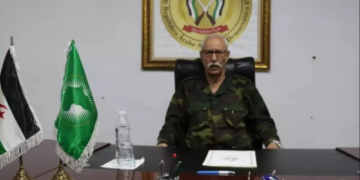
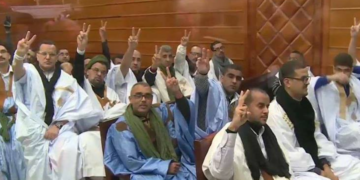
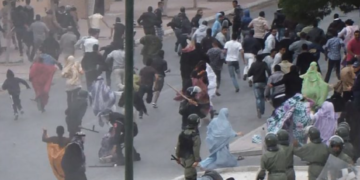
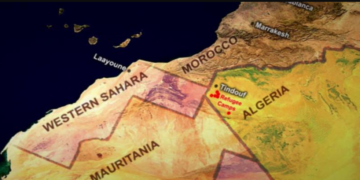
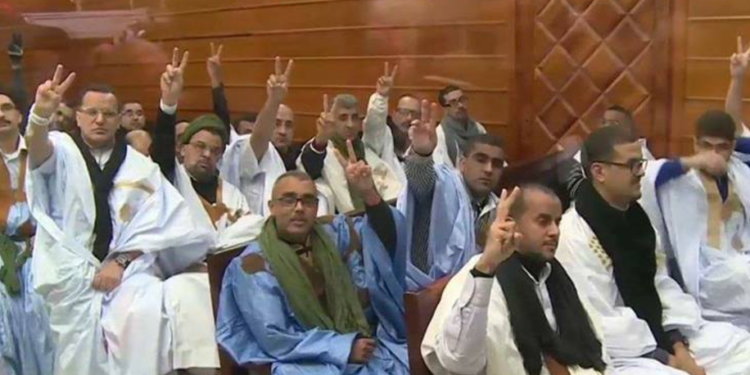

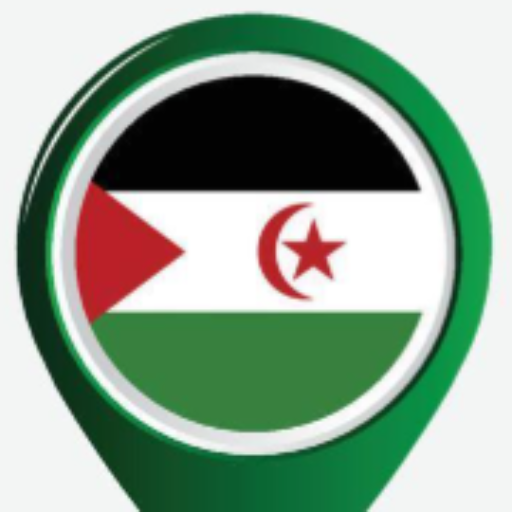
Arrest and execution is the solution for you and all traitors
allah lwatan almalik The Sahara will remain under the Moroccan flag incha2 allah